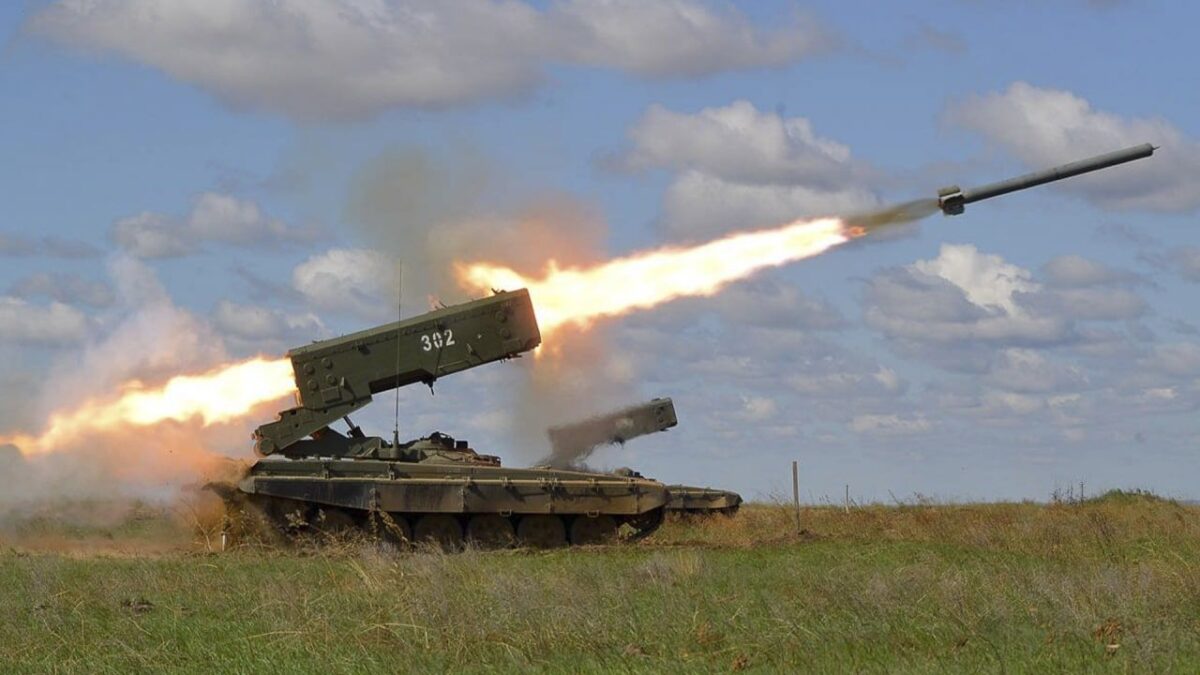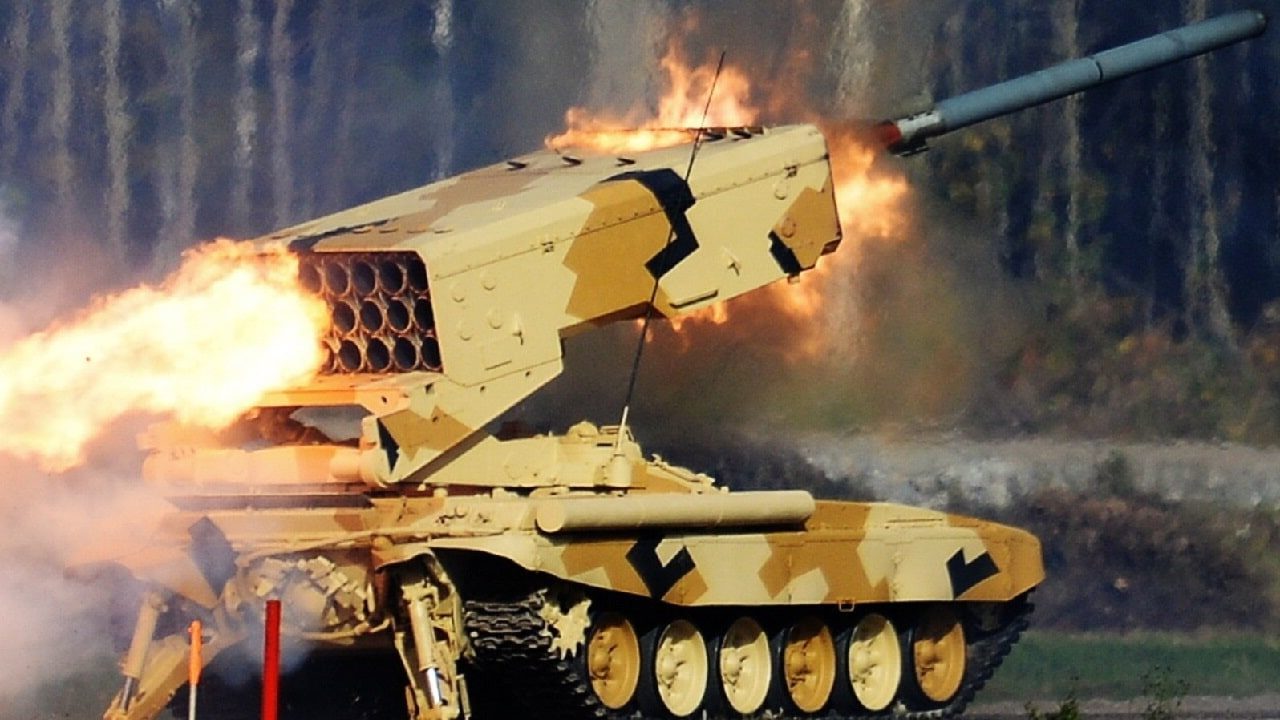Putin’s Ukraine Dilemma: Russian President Vladimir Putin finds himself on the horns of a dilemma. His army can no longer win the war in Ukraine, but failure is not an option. In authoritarian regimes, like Putin’s Russia, losing a significant war triggers regime change. A change Putin will not survive. Can Putin find a way to separate himself from his failures, or is he a dead man walking?
Putin’s Ukraine War Is in Trouble
Let’s begin with why Putin’s army is a lost cause.
It can no longer make good its losses. Under daily attacks, frontline units suffer up to 500 casualties daily and are at a fifth of their assigned strength. Morale has collapsed. Officers desert their men. The enlisted stage mass surrenders. Blocking units, soldiers whose job is to shoot the other soldiers trying to surrender, are now a thing.
Putin’s efforts to fix his army by drafting more than 300,000 men aren’t working as planned. The draftees are forced to buy their clothes, equipment, and food because Russia can no longer provide essential items. Even if the logistical issues with the draft are fixed, throwing barely trained draftees at highly motivated, battle-hardened veterans isn’t precisely a war-winning strategy.
Does this look like a war-winning army to you?
This brings us to our second point. With more than 100,000 dead and wounded, Ukraine has, for Russia, become a major war. While Russians overwhelmingly support the men on the front lines, support for Vladimir Putin and his war of choice is staggering under the one-two punch of military defeat and the steady rain of death notices. Nearly 400,000 men fled Russia rather than be conscripted, which is not exactly a ringing endorsement of the status quo.
Regime change is on the table. The Siloviki, the deep-state flunkies that put Putin in power, are demanding an end to the war in a way that justifies the blood and treasure consumed by it. If Vlad can’t produce that outcome, the Siloviki may very well offer Putin to the public as a scapegoat.
How Putin Can Survive His Ukraine Disaster
How does Vlad get out of this mess?
If NATO were to quit gifting Ukraine with never-ending supplies and real-time intelligence, conditions on the battlefield would change. Maybe not enough to win. It would still be a battle between demoralized, undertrained draftees and battle-hardened veterans defending their homes. But it almost certainly buys time for Putin to think of something.
As for severing the supply lines, how? Not by force of arms. Given current conditions, any confrontation between Russia and NATO will prove hilariously one-sided. Putin has to find a way to make NATO quit of its own free will.
Soviet Russia believed in dezinformatsiya, using false and misleading information to deceive, demoralize or manipulate people. Had Soviet doctrine been followed, a dezinformatsiya campaign justifying Putin’s actions and whipping up international support for the invasion would have preceded the attack. Putin, in his arrogance, appears to have just assumed that dezinformatsiya wasn’t needed. Kyiv would fall in a matter of days. The accomplished fact would speak for itself. Why bother?
It’s late in the game, but a dezinformatsiya campaign can still be assembled and executed. Consider the following scenario, Putin’s spring offensive begins with saturation bombings of Lviv and other cities where NATO supplies enter Ukraine.
The overt goal is to cut NATO’s supply chain. The covert goal is to a tsunami of refugees flowing toward central Europe. In Europe, wall-to-wall news coverage of burning cities and rivers of refugees produces emotional overload. As people struggle to process what is happening, protesters demand an end to NATO’s resupply mission because it is “forcing” Putin to bomb cities. Finally, the Putin-Verstehers begin whispering how a peace deal, even a rotten one, would not only stop the suffering but return Europe to the days when cheap Russian gas kept Europe warm and prices down.
What did we describe? An emotionally overwhelming event. A simplistic response to the event; stop the bombing by stopping the resupply mission. And the promise of immediate reward, cheap Russian gas, for choosing the simplistic action.

TOS-1A fighting in Ukraine. Image Credit: Creative Commons.
And just like that, an anti-war movement is born. Putin now has a non-military way to pressure NATO. The ability to apply such pressure doesn’t automatically mean Putin gets what he wants. Neither Putin nor his men have demonstrated the political adroitness needed to make this work, but that doesn’t mean Putin won’t try. With his army broken and the Siloviki demanding action, what other options does he have?
George Walsh was an active member of the U.S. Army from 1986-1989 and a member of the U.S. Army Reserve from 1989-1994. He holds a degree in Political Science from Pennsylvania State University.

